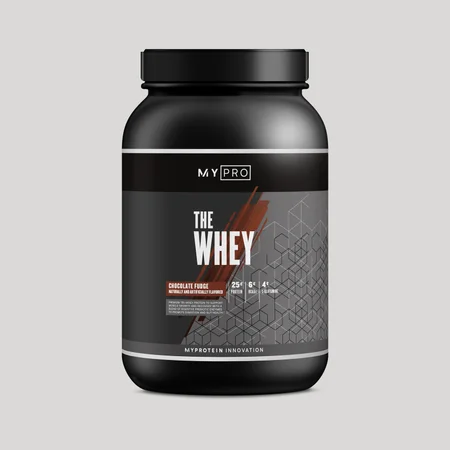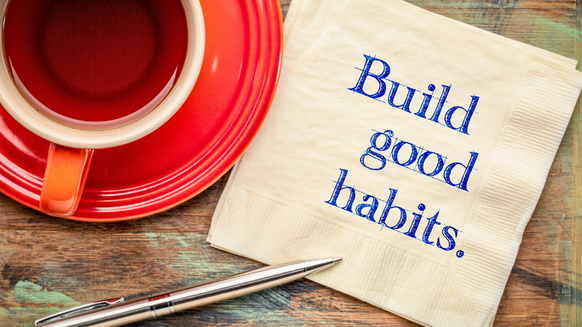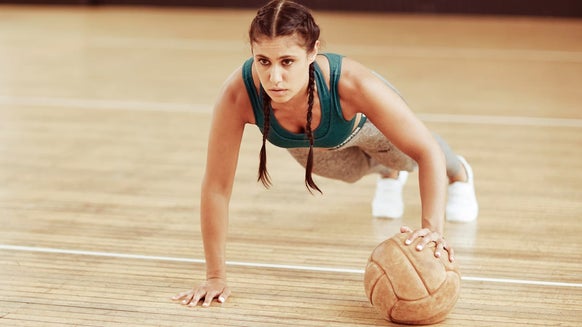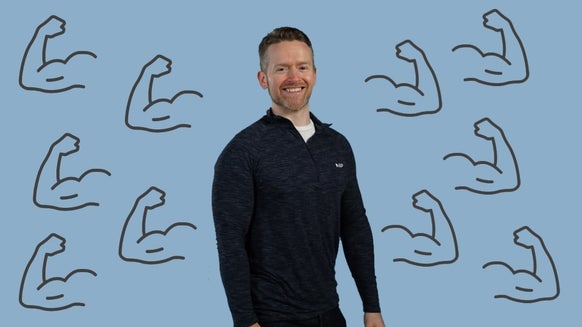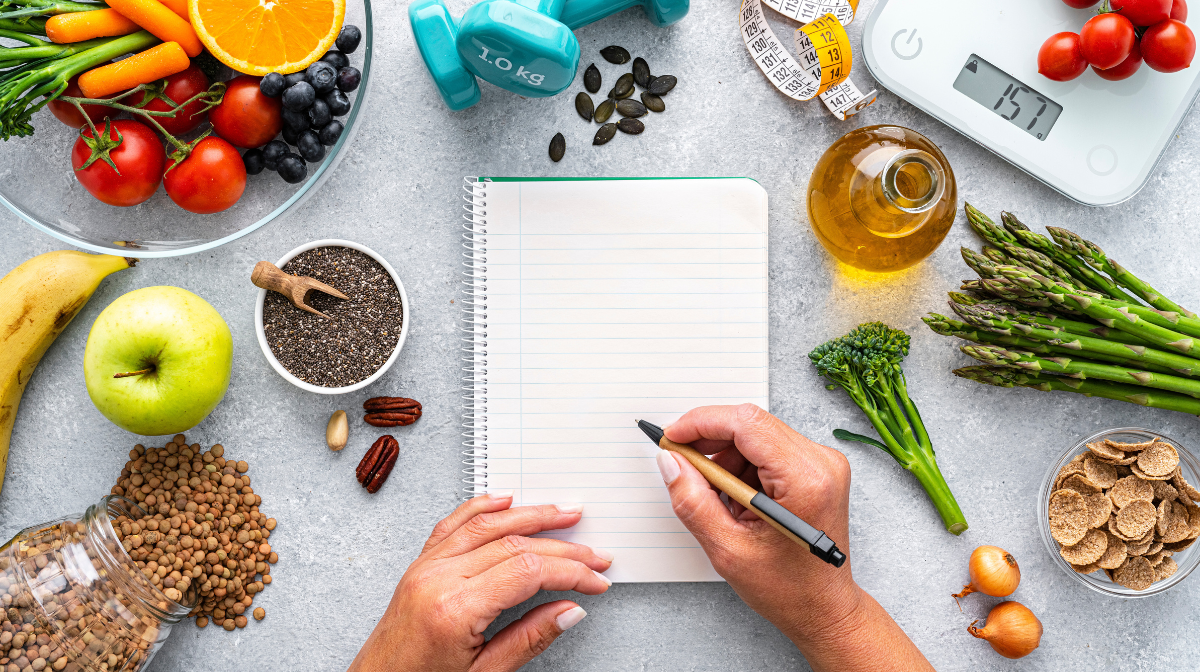
There’s no magic trick to sculpting the body you want. Whether it’s losing fat, gaining lean muscle, or overall toning, changing your body takes time and effort.
With that being said, there are some tips and tricks that definitely make the process a lot easier and more enjoyable. Ambassador Cohnan Kotarski is here with more advice to help us along our fitness journey.
Cohnan came up with seven hacks that’ll help you achieve your fitness goals, or as he calls it, get shredded. Let’s check out what he has to say.
Jump to:
- Protein Intake
- 500-Calorie Deficit
- High-Volume Meals
- Zero-Calorie Beverages
- Low-Calorie Sauces
- Intermittent Fasting
- Caffeine
Protein Intake: 1g of Protein per Pound of Body Weight

We all know that a huge part of fueling your body properly and achieving your fitness goals is consuming protein. Everyone is different, but here, Cohnan cites the famous 1g of protein per pound of body weight as the rule of thumb.
This rule is pretty self-explanatory and applies to men and women alike— for every pound of body weight, you should consume one gram of protein per day. So, if you’re 130lb, that’s 130g of protein, and so on. Sticking to this rule is a great way to ensure you’re getting sufficient protein to build muscle, which will complement your training at the gym.
500 Calorie Deficit

If your goals involve weight loss or cutting body fat, for a quick and easy tip, Cohnan suggests sustaining a 500-calorie deficit.
To lose body fat, you have to be in a calorie deficit, there’s no way around it. According to the Mayo Clinic, with a 500-calorie deficit each day, you can lose ½ to 1 pound per week.1
This is different for everyone, but for most people, if you keep to a 500-calorie deficit, you should be on track toward your goals.
High-Volume Meals

When trying to sculpt your frame and cut back on calories, high-volume meals can really come in handy. “High-volume” refers to foods that have a low caloric density—you can eat large quantities while not consuming many calories.
High-volume foods are great because they allow you to feel like you’re eating a lot, without sacrificing your goals.
Some examples of high-volume foods include most fruits and veggies, legumes, lean meats, fish, and eggs.
Zero-Calorie Beverages

When trying to cut fat or tone up, beverages can either be your friend or your worst enemy. It’s very easy to drink your calories if you’re not paying attention to what beverages you’re consuming.
Drinks like soda, iced teas, iced coffees, and others can contain plenty of sugar and calories. To avoid derailing your progress due to high-calorie beverages, opt for 0-calorie beverages or swaps. You can swap iced tea for the unsweetened version, soda for diet soda, etc.
And, of course, you can and should drink regular water. If you don’t like plain water, try adding mint leaves, lemon, or other fruit to make it more flavorful and appetizing.
Low-Calorie Sauces

It’s not just beverages that have hidden calories, sauces can be quite high-calorie if you’re not careful with your selection. Some common culprits include mayonnaise, barbecue sauce, ranch dressing, and tartar sauce. All of these, while not necessarily “unhealthy”, are relatively high-calorie.
So, if you’re trying to maintain a calorie deficit, try swapping these for low-calorie versions you find at the store, or making your own at home. You most likely won’t notice the difference, and you’ll be saving yourself a lot of calories.
Intermittent Fasting

Intermittent fasting is a popular technique for weight loss, alleviating digestive issues, and other goals. This strategy involves only eating for a limited number of hours per day, and fasting for the rest, with the exception of water. A common intermittent fasting plan is the 16:8, where you eat for eight hours and fast for 16 (including sleeping hours).
Intermittent fasting is a great option if you find yourself falling off course because of late-night snacking or boredom eating. By limiting how many hours you can eat, it makes it easier to focus on eating to fuel yourself, and not for other unnecessary reasons.
Caffeine

Last but not least, a true companion in your fitness journey is caffeine. Caffeine can help you stick to your nutrition and fitness goals for a few reasons.
One, it curbs hunger. Caffeine stimulates the nervous system and can trigger the release of certain neurotransmitters which suppress appetite. This makes caffeine a great way to quell your hunger and avoid overeating.
Caffeine also provides energy and can help fuel your workouts—it's the perfect pick-me-up before a solid gym session.
Lastly, caffeine is satisfying and can feel like a treat in and of itself.
Take Home Message
There you have it—no one said losing weight or toning up were easy, but with these hacks, you’ll get there before you know it. Just because summer is out, doesn’t mean you should slow down on your fitness goals. Keep on the grind, you got this.
READ THESE NEXT:
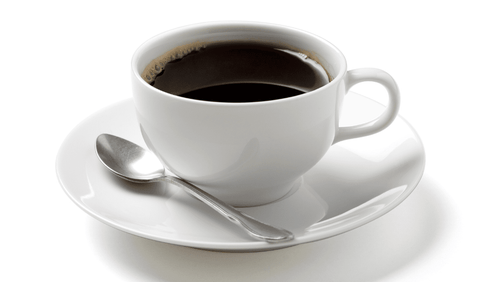
Top Drinks for Fat Loss with Cohnan Kotarski
Make fat loss easier with these three drinks....
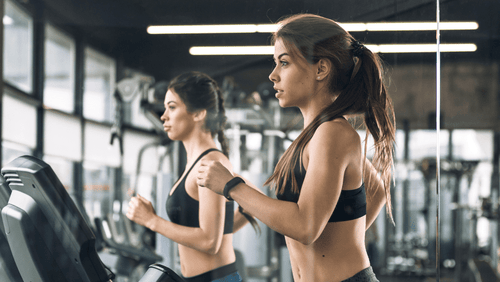
Busting 3 Common Fitness Myths with Cohnan Kotarski
See which three common fitness myths you might've fallen for....
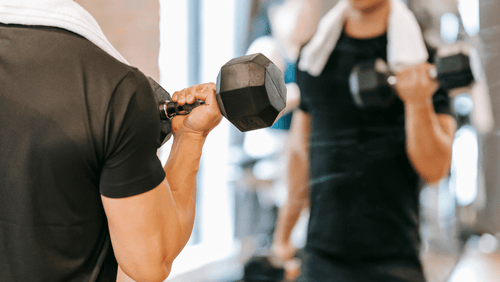
How to Prepare for Your Workouts with Cohnan Kotarski
Follow through on your workouts without the excuses using these top tips....

A Rutgers University Honors graduate, Jamie grew up on the Jersey shore and double majored in Comparative Literature and Anthropology in college. Jamie is an experienced writer in the health and wellness, biotech, and eCommerce fields. She loves writing with a purpose and has even written for the Department of Justice.
Jamie became drawn to exercise during her time in university and began to notice the physical and mental benefits of moving your body daily. Today, Jamie enjoys Pilates, light weight training, and going on long walks in nature daily.
Jamie is also passionate about eating right and prioritizing gut health and immunity. She is always trying the next innovation in health and wellness. When she’s not writing articles, Jamie enjoys reading, playing guitar, and finding dogs to play with.
- Mayo Clinic Staff. “Counting Calories: Get Back to Weight-Loss Basics.” Mayo Clinic, 18 Jan. 2023, www.mayoclinic.org/healthy-lifestyle/weight-loss/in-depth/calories/art-20048065. Accessed 15 Aug. 2024.


